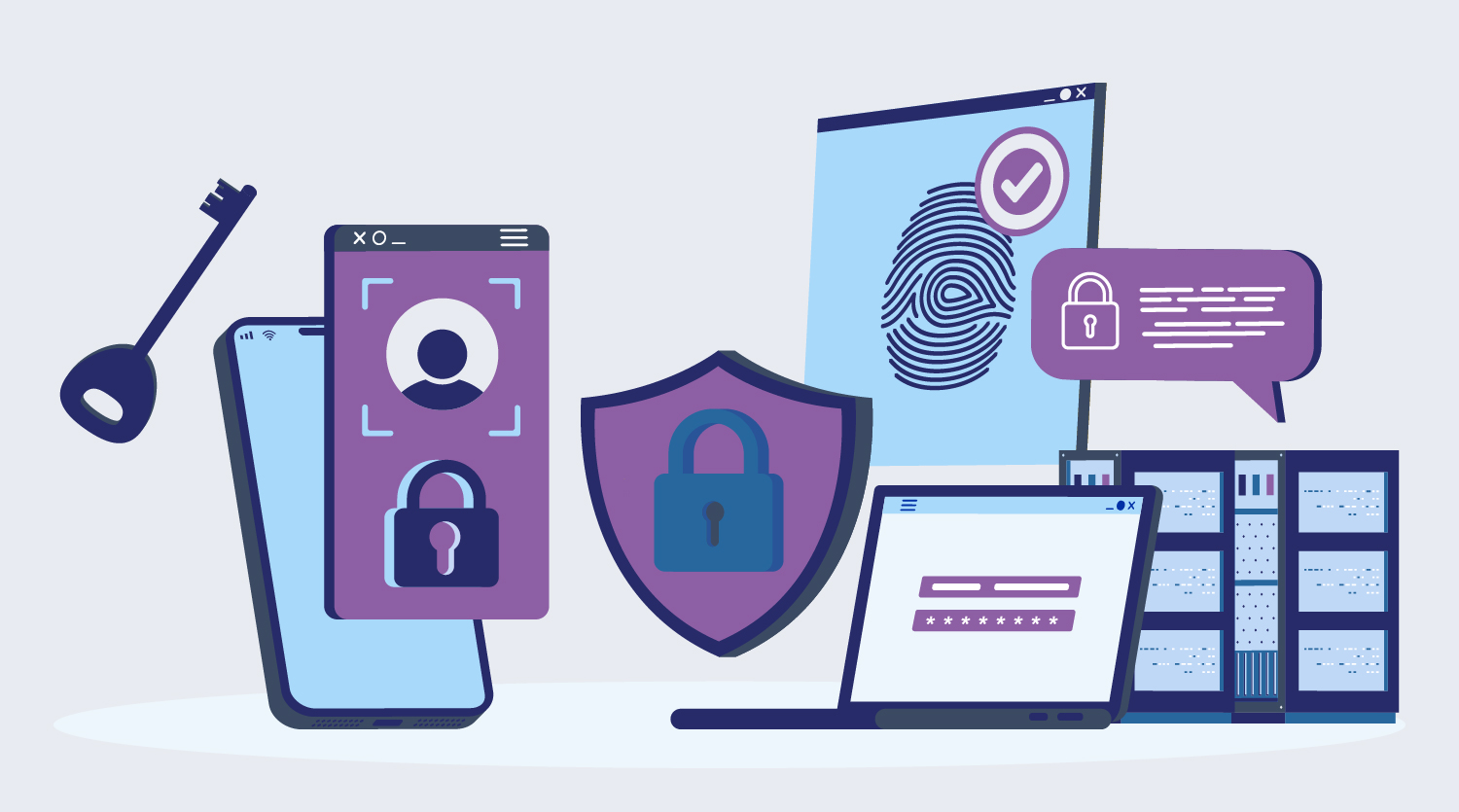Digital Devices Protection

Most attacks launched on a network can lead to crashing.
Deep space communication
Deep space communications is a network that allows users to communicate with remote locations. It works based on quantum mechanics, so it is not something you can replicate in our world.
The internet of things
For those of you who do not know what the internet of things is, I would like to elaborate on it. Internet of Things is an interface that every device connects with, allowing them to communicate with each other. Today, internet of things consists of many things such as:
Sensors (active and passive)
Software
Data storage
Vehicles (cars, airplanes, drones)
And so on
These devices are connected and share information. For example, car communicates with other cars and any objects attached to car. We are in the same boat with IT devices.
The main problem is that currently this technology has reached a new level, whereby you can expect to add at least 30 more devices into the Internet of things by 2018. This means that anyone with access to the internet has access to all sorts of data and intelligence. Check out this IP exchange services here that allow interconnection for businesses voice and data needs!
However, even if you were to connect all the Internet of Things to your computer, your computer would still be unable to keep up with all the data it would receive. This is because your computer is made to manage your network resources, which it would not be able to do in a situation where all devices share the same network, and that’s why they need protection for this, from systems as Fortinet, since there are issues like malware that affect your systems.
What if, however, we had the ability to connect our phone to the internet and this allowed it to receive all the information and data it would receive on its own? What if we did this through a quantum network? Then this would be a quantum internet, also known as the internet of quantum information, where everything would be able to communicate in real time, which could make the Internet of things a truly quantum-based internet.
There are several companies working towards this end; these include Google, Quantum Artificial Intelligence Labs, and JETstack. We can see how quantum computers might affect some of the applications mentioned above. For instance, this technology could help in facial recognition, where computers could detect if an individual is in front of a CCTV camera or is using a phone. It could also aid in AI, where computers could share information about objects without the need for programming.
But what about security?
The main concern here is that a quantum computer could be used for hacking purposes, as explained in detail in our section “Securing Your Data.”
I did some research and discovered that there have been some tests that compare quantum computers and classical computers. These tests showed that quantum computers could achieve similar speeds as a classical computer, however they were able to analyze data much faster.
